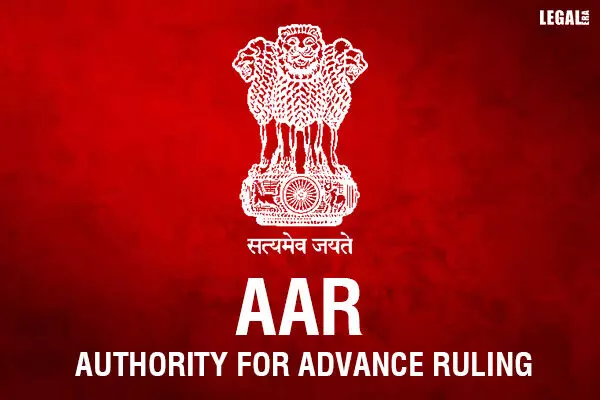- Home
- News
- Articles+
- Aerospace
- AI
- Agriculture
- Alternate Dispute Resolution
- Arbitration & Mediation
- Banking and Finance
- Bankruptcy
- Book Review
- Bribery & Corruption
- Commercial Litigation
- Competition Law
- Conference Reports
- Consumer Products
- Contract
- Corporate Governance
- Corporate Law
- Covid-19
- Cryptocurrency
- Cybersecurity
- Data Protection
- Defence
- Digital Economy
- E-commerce
- Employment Law
- Energy and Natural Resources
- Entertainment and Sports Law
- Environmental Law
- ESG
- FDI
- Food and Beverage
- Gaming
- Health Care
- IBC Diaries
- In Focus
- Inclusion & Diversity
- Insurance Law
- Intellectual Property
- International Law
- IP & Tech Era
- Know the Law
- Labour Laws
- Law & Policy and Regulation
- Litigation
- Litigation Funding
- Manufacturing
- Mergers & Acquisitions
- NFTs
- Privacy
- Private Equity
- Project Finance
- Real Estate
- Risk and Compliance
- Student Corner
- Take On Board
- Tax
- Technology Media and Telecom
- Tributes
- Viewpoint
- Zoom In
- Law Firms
- In-House
- Rankings
- E-Magazine
- Legal Era TV
- Events
- News
- Articles
- Aerospace
- AI
- Agriculture
- Alternate Dispute Resolution
- Arbitration & Mediation
- Banking and Finance
- Bankruptcy
- Book Review
- Bribery & Corruption
- Commercial Litigation
- Competition Law
- Conference Reports
- Consumer Products
- Contract
- Corporate Governance
- Corporate Law
- Covid-19
- Cryptocurrency
- Cybersecurity
- Data Protection
- Defence
- Digital Economy
- E-commerce
- Employment Law
- Energy and Natural Resources
- Entertainment and Sports Law
- Environmental Law
- ESG
- FDI
- Food and Beverage
- Gaming
- Health Care
- IBC Diaries
- In Focus
- Inclusion & Diversity
- Insurance Law
- Intellectual Property
- International Law
- IP & Tech Era
- Know the Law
- Labour Laws
- Law & Policy and Regulation
- Litigation
- Litigation Funding
- Manufacturing
- Mergers & Acquisitions
- NFTs
- Privacy
- Private Equity
- Project Finance
- Real Estate
- Risk and Compliance
- Student Corner
- Take On Board
- Tax
- Technology Media and Telecom
- Tributes
- Viewpoint
- Zoom In
- Law Firms
- In-House
- Rankings
- E-Magazine
- Legal Era TV
- Events
West Bengal AAR Rules on Registration Requirements for Businesses with Multiple Activities

West Bengal AAR Rules on Registration Requirements for Businesses with Multiple Activities
The West Bengal Authority for Advance Rulings (AAR) has clarified that businesses engaged in multiple activities do not need to obtain separate registrations for each activity, as long as they are carried out from the same place of business.
The AAR ruling was issued in response to an application from a business that was engaged in manufacturing, reselling goods, and providing services. The business had sought clarification on whether it was required to obtain separate registrations for each of these activities.
In addition to the question of whether separate registrations are required for multiple activities, the business also asked whether separate registrations are required for each state where they intend to carry out their business activities.
Specifically, the business asked whether separate registrations are compulsory for each state when receiving work/job orders from contractees located within or outside West Bengal, and when procuring inputs (goods and services) from West Bengal or the state where the contract would be executed.
The bench referred to the West Bengal Goods and Services Tax (WBGST) Act, 2017, which states that the Act extends to the whole of the State of West Bengal. This means that the AAR only has jurisdiction to issue advance rulings on matters related to the WBGST Act.
The bench highlighted that until January 31, 2019, businesses could register separately for each business vertical within a state. However, after this date, separate registration and the transfer of unutilised input tax credit (ITC) were only allowed for businesses with multiple places of business within a state. The bench emphasised that the proviso to sub-section (2) of section 25 of the GST Act allows for separate registration in a state for a person who has multiple places of business in that state.


